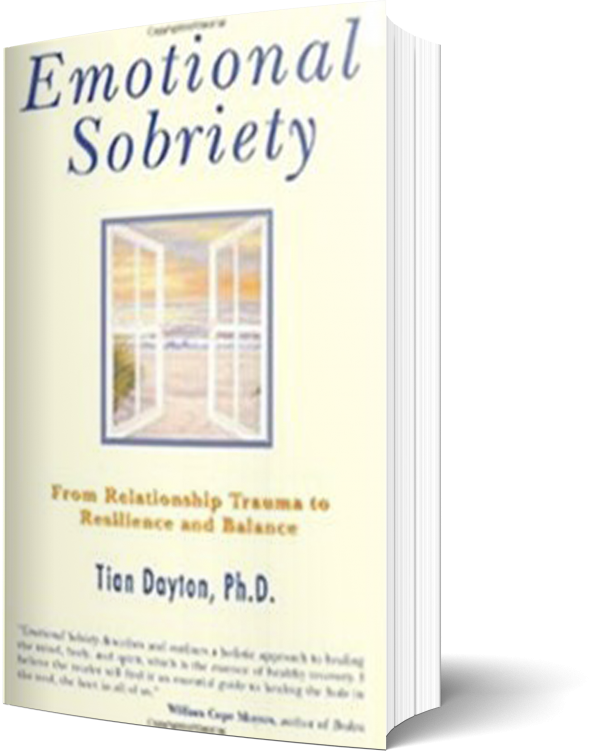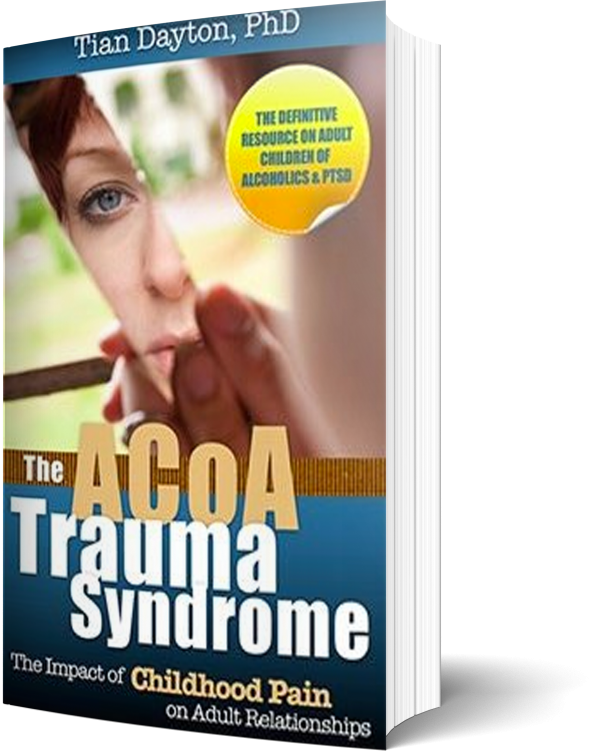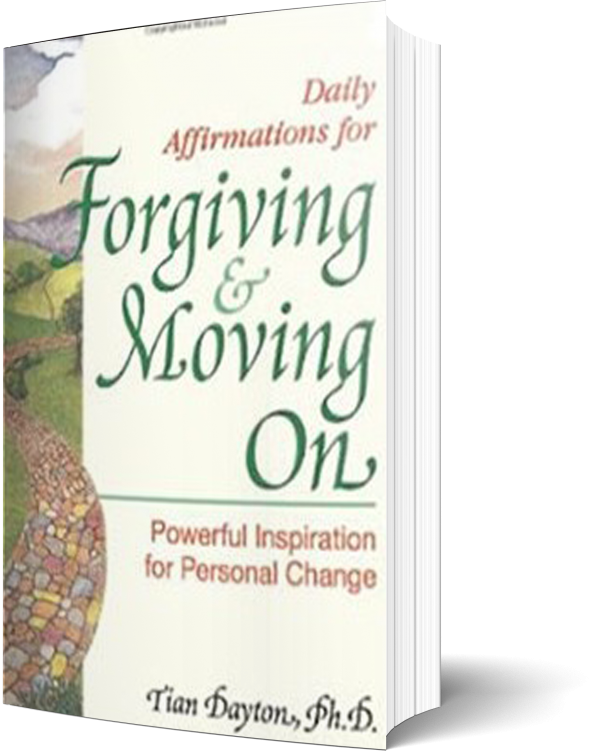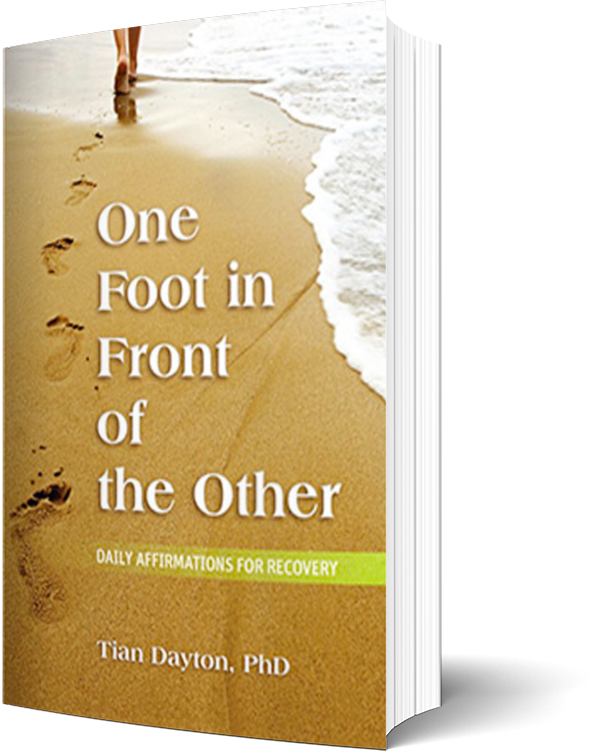In my previous blog we outlined the problematic qualities that can develop when growing up with addiction. But ACOA’s can also often develop powerful strengths from facing and overcoming childhood challenges. This a good thing for all of us as several of our recent presidents, e.g. Reagan, Clinton and Obama were and are ACOAs, and Bush himself had a drinking problem. Dealing with the sorts of challenges that living with addiction inevitably poses can challenge kids, to say nothing of leaders of the free world, to develop unusual talents and strengths.
Qualities of Resilient People
Children who grow up with adversity, according to researchers Wolin and Wolin, can become very inventive and resourceful because they had to learn from a young age to use what was at hand to meet their needs. They can be wonderfully creative, as for many, creativity was a way to meet needs, make sense of or even escape from what was going on around them. This can also be a very funny group of people. Humor often gets honed to a fine art as a coping strategy.
Additionally, children from troubled homes may become independent from a young age because they learn that the adults in their lives cannot necessarily be relied upon. The ones who thrive often do so because they have exercised initiative and have taken the reigns into their own hands. Problems, if they don’t sink us, deepen us. ACOAs can have unusual insight into the workings of human nature. Oftentimes morality is developed as much from seeing what should not be done as what should. They learn that fire burns if you play with it and so they don’t play with matches. Children of adversity can also develop a determination not to hurt others as they have been hurt or to even dedicate parts of their own lives to helping others.
Resilient people, according to researchers Wolin and Wolin, tend not to let adversity define them. They often move their lives forward by establishing goals for themselves, reaching them and moving beyond them. They continually marshal their strengths and propel themselves out of their present circumstances. Additionally, they see their problems as temporary rather than a permanent state of affairs. They tend not to globalize, they find reasons and ways, whether they be religious, creative or just good common sense to place a temporary framework and perspective around the problems in their lives. Resilient people have the capacity to see beyond them into a different kind of life. My own more resilient clients often report relatives, neighbors and even television shows that showed them a different way to live. And when they saw it, they somehow believed it was possible for them, too.
Resilient people often report having an inborn feeling that life will work out.
Resilience, these researchers observe, seems to develop out of the challenge to maintain self-esteem. Troubled families often make their children feel powerless and bad about themselves. But resilient children find ways to feel good about themselves and life in spite of the powerful influence of their parents. They understand that everything is not their fault, that there are other forces at work beyond them and they are not to blame for all that goes awry. And they do tend to internalize their successes; they take responsibility for what goes right in their lives. The research on resilience helps to counter what Wolin and Wolin refer to as the “damage” model or the idea that if you’ve had a troubled childhood, you are condemned to a troubled adulthood or you are operating without strengths. In fact, resilience helps us to understand that adversity can actually develop strength.
Resilient people tend to have engaging personalities from birth and have the natural capacity to attract mentors to them. One of the cardinal findings of resilience research is that those who lacked strong family support systems growing up sought and received help from others. Perhaps a relative, a teacher, a neighbor, the parents of peers or eventually a spouse, those who thrived had one secure bonded relationship, usually within the family system. Resilient people are not afraid to talk about their own hard times with someone who cares, can help or who will listen.
Wolin and Wolin define resiliency as the capacity to rise above adversity; to be hurt and rebound at the same time. To keep hacking away at the thorny underbrush and moving through life.
Resilient people do have emotional and psychological scars that they carry from their experience. They can, for example, have stormy relationships, health problems or be somewhat aloof. They indeed struggle, but they keep going, they stay engaged with life and continue to function as a part of it. Resilience is not the ability to escape unharmed. It is the ability to thrive in spite of the odds.
How Can You Foster Resilience?
Resilient qualities can be intentionally created and strengthened. Following are some suggestions of ways that you can develop resilience.
- Maintain good boundaries: Keep your desired life and way of being in front of your eyes and don’t get into conversations and situations that head you down a self destructive path.
- Find other family models: Resilient children seek out other types of families as models. They often spend time with and marry into strong family networks.
- Don’t Avoid Life: Learning to tolerate small amounts of stress and manage them builds resilience both in children and adults. Retreating from life and playing it safe so that we can avoid pain doesn’t teach us how to handle it and move along. It can actually make problems get larger rather than smaller in our heads.
- Get honest with yourself: Be willing to ask yourself penetrating questions and answer them honestly.
- Take meaningful Actions: Remember initiative. Take charge of your life and take meaningful, sensible actions toward insuring your present and future. Build emotional and psychological strength just the same way you build a muscle, slowly, steadily and daily.
- Find and maintain relationships: Relationships actually foster resilience. Do what’s necessary to find and maintain a solid network of relationships.
- Reframe life issues: Reframing is at the heart of resilience. Resilient people use it as a way of seeing the glass as half full rather than half empty, seeing life as a challenge rather than taking a defeatist attitude toward it. Wolin sees this reframing as central to “survivor’s pride.”
- Look for the lessons: All situations have lessons and silver linings. Looking for the lessons is a way of seeing life as a challenging journey of unfoldment. It allows us to use the circumstances of our lives to grow from and deepens our capacity for personal growth.
- Develop inner resources, strengthen your inner self: When we mobilize through recovery, we are consciously developing inner strength and mastery. We are learning a language of emotional literacy that allows us to take on more of life.
- Work through past issues: Unresolved issues form the past can interfere with our ability to have successful relationships in the present. Take active steps to work through those issues so that the past can be understood and integrated and lessons can be learned that strengthen us in the present.
- Stay away from “victim thinking.” We need to understand that we may not have been to blame for being children in painful homes. However, we need to guard against getting too comfortable in the victim role. Change doesn’t happen by accident. Victim thinking can become entitled thinking and can interfere with our motivation toward change.
One of the most successful, world wide programs to help anyone living with or experiencing any form of addiction is the twelve step community. There is a twelve step meeting for what ails you whether you are an addict, a spouse, an adult child of addiction or a child in an addicted home. And it’s free. Try alanon or AA meetings as a steeping off point and you will get pointed in the right direction by “those who know because they’ve been there”. Google Alanon, AA, ACOA or log onto www.NACOA.org to find further direction and help or read my most recent book Emotional Sobriety: From Relationship Trauma to Resilience and Balance for more information on this subject.





